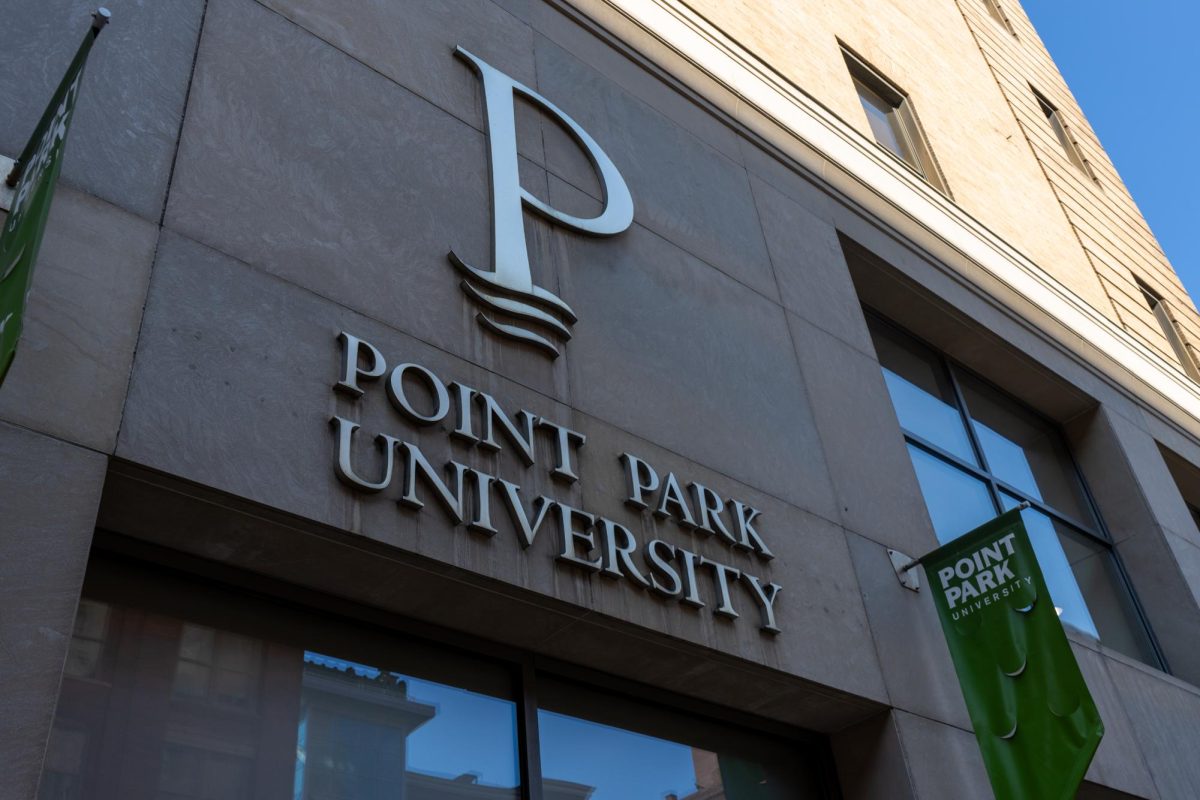New details have emerged about the lawsuit settled a week ago, filed by a former employee of Point Park University who alleged financial aid misconduct and a subsequent cover-up last year, including that the university settled out of court for $1.4 million.Betty L. Davis, who worked in the financial aid office from Nov. 10, 2008 to July 2, 2010, brought the allegations against the school in September 2010.”There has been no admission of facts nor liability by Point Park University. Point Park has agreed to pay $1.4 million to the United States to settle litigation,” said Mary Ellen Solomon, the university’s senior director for marketing and communications, in a phone interview late Tuesday morning.Davis’ attorney, Paul Tershel of Terhsel & Associates, confirmed the dollar amount Tuesday, noting that 30 percent of the settlement will go to his client as an award for her role in bringing the case to court.”The matter has been resolved. There was no admission of liability in this settlement, but yeah, they have changed,” he said in a phone interview on Tuesday referring to Point Park’s corrected financial aid practices.Davis sued on behalf of the Pennsylvania Whistleblower Law, accusing Point Park of breaching the False Claims Act. Because half of the suit was a qui tam case, meaning that Davis – a civilian – filed a case against an institution alleging fraudulent activity against the government, she was awarded $420,000 of the $1.4 million to be paid by Point Park to the federal government, according to Tershel. Other terms of the agreement remained confidential. It was not clear if Davis would have to pay outstanding legal or other fees from her awarded amount.In October, before the settlement, U.S. District Judge Arthur J. Schwab found that the case filed by Davis was substantive enough to push forward to trial. Schwab has yet to approve the settlement documentation and stipulations put forward by both sides.As reported by The Globe in September 2010, Davis claimed in the lawsuit that during her time at the university she witnessed Sandra Cronin, then director of Financial Aid, manipulate documents to bring in more federal money. Davis alleged that Cronin also submitted various documents under other counselors’ names.She claimed that Cronin, who is now the senior associate director of financial aid, developed the formula that prevented commuter students – more than 70 percent of the university’s population – as well as part-time students from receiving FSEOG funds. According to the lawsuit, Davis, after becoming aware of the alleged doctored documents, alerted her superior, Bridget Mancosh, the university’s vice president of finance and operations. The lawsuit claims that Mancosh “praised Davis’ managerial actions,” but told her to “keep this quiet.”After Mancosh’s acknowledgment of Cronin’s actions, but subsequent alleged indifference, Davis, according to the lawsuit, asked for an independent audit of the financial operations of Point Park.Tershel & Associates released the settlement documents, outlining the independent audit, performed by Financial Aid Services Inc, to The Globe last September. Darylann Thomas, the senior consultant listed in the audit, could not be reached for comment.”[Cronin], director of financial aid, has been awarding the SEOG to a selected cohort within the student population at [Point Park],” reads the executive summary from Financial Aid Services Inc.The lawsuit also claimed that Cronin submitted a complaint against Davis, which led to a meeting of Davis, Mancosh and a Human Resources representative from Point Park. The lawsuit says that all parties found Cronin’s complaint “unfounded,” but that during that same meeting Davis’ employment was terminated. Davis alleged that because her termination occurred several days before a federal audit, she was fired to cover up the financial aid mismanagement. However, the lawsuit stated that the university contends that her termination was “ostensibly due to department restructuring.”According to Title 34, Part 676 of the Code of Federal Regulations, institutions should first select recipients for the FSEOG from those students who already receive the Federal Pell Grant and have the lowest expected family contribution (EFC).Then, if institutions have remaining funds, they should award the FSEOG to students who have the lowest EFC who do not have the Pell Grant.For part-time and independent students, if a college or university’s allocation of FSEOG funds is based upon their students’ included financial need, then the institution is required to award an applicable portion of the money to those students.The website www.fseog.com was created by Arizona-based company College Aid Services, LLC to provide more sufficient sources about financial aid for students. According to the site, each school of the 4,000 universities and colleges that receive the FSEOGs get a fixed amount. If a school does not deplete the funds, then it is at risk of having a lower fixed amount the following year.
Breaking News











